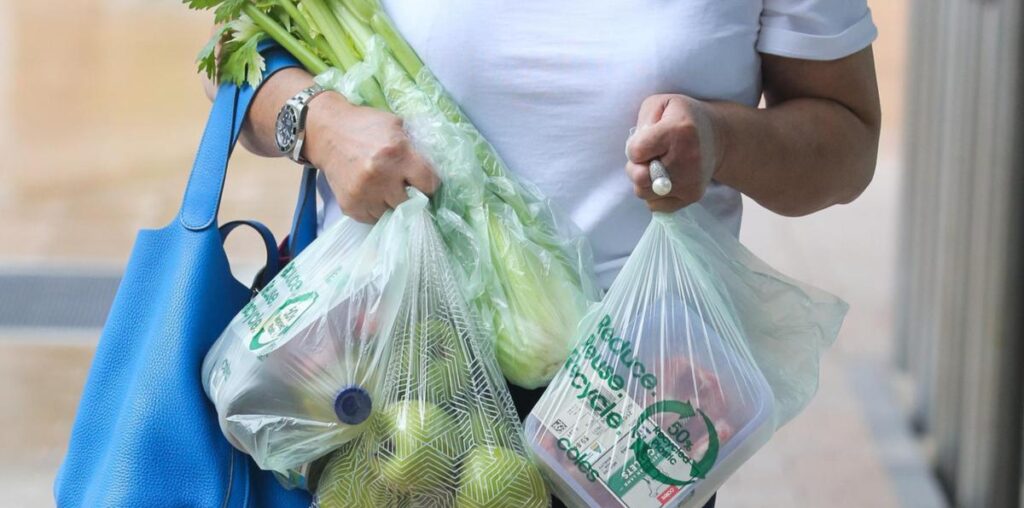Australians have largely blamed supermarkets and the rising cost of groceries for the soaring cost of living pressures, lashing the grocery giants as “public enemy Number One”.
New polling released by the Australia Institute’s Centre for Future Work found 83 per cent of a pool of 1014 respondents said supermarkets deserved “some blame, or a great deal of blame” for rising cost of living.
Anger directed supermarkets edged out blame attributed to energy companies (82 per cent), banks (73 per cent) and the government (71 per cent).
Six out of 10 people also said the most notable signs of increased cost-of-living came from groceries, with 21 per cent electing utilities and seven per cent noting transport.

Centre For Future Work senior researcher and report co-author Lisa Heap said the results illustrated the frustration Australians had with supermarkets.
“These results are emphatic. Australians are pointing the finger squarely at supermarkets as public enemy number one in the cost-of-living crisis,” she said.
Asked to identify policy areas which could lower cost-of-living, 64 per cent of respondents also pointed to increasing supermarket competition between the main players, largely Coles and Woolworths.
Other options included lowering utility costs (also 64 per cent), lowering medical costs (60 per cent) and increasing the pace of wage growth (58 per cent).
Ms Heap said the research revealed “Australia’s supermarket duopoly is on the nose with the electorate,”
“Nearly two-thirds of voters see it as crucial for alleviating cost-of-living pressures,” she said.
“Australians are now demanding action on supermarket competition with the same urgency as they’re calling for lower utility costs and higher wages.
“There’s likely to be political rewards for taking actions that increase supermarket competition.”

The research follows the Albanese government’s fast-tracked supermarket crackdown, as it moves to establish a mandatory grocery code which would introduce multimillion-dollar penalties for businesses which breach the rules.
The announcement coincided with the Australian Competition and Consumer Commission commencing legal action against Coles and Woolworths over allegations they hiked prices on more than 500 items, before promoting misleading discounts which were higher than their original prices.
A Woolworths spokesperson said the supermarket giant remained “committed” to helping customers save money, however said inflation had also increased operating costs for suppliers.
“Many of the increased costs households are facing are also unfortunately making it more expensive for our suppliers to produce food and groceries – from electricity and fuel, to rent and interest rates,” they said.
“We remain committed to helping customers save at the checkout, including thousands of weekly specials, everyday low prices on household essentials, a great value own brand range which is on average 30 per cent cheaper than equivalent mainstream brands.”
A spokesperson for Coles declined to comment.

